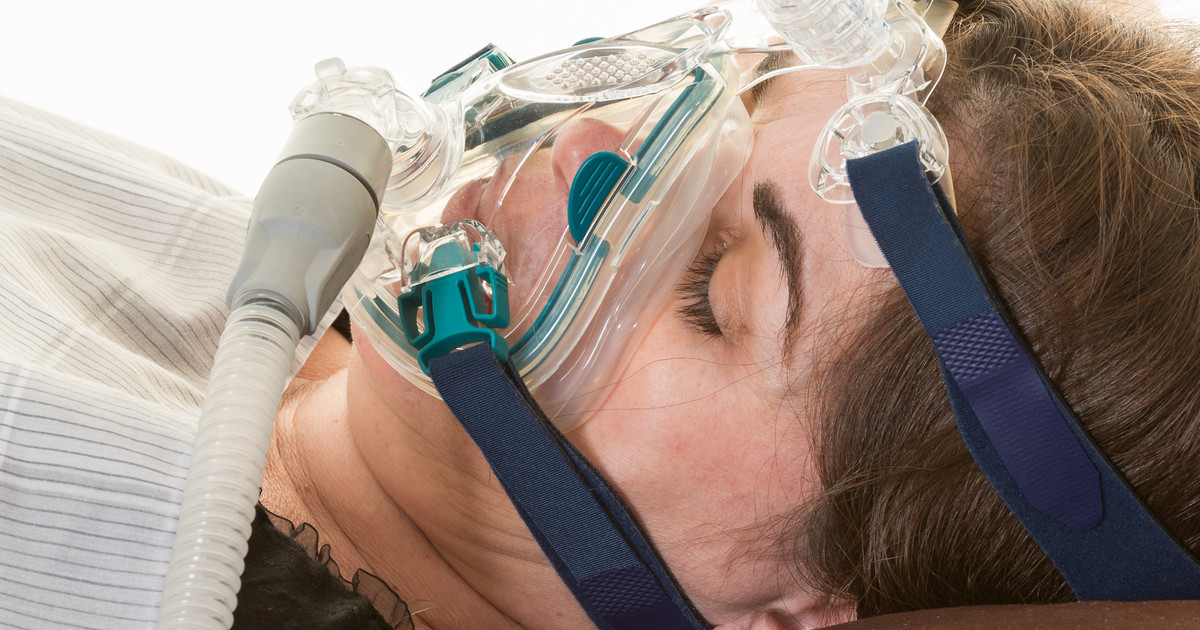Risk Factors For Pulmonary Hypertension
Pulmonary hypertension is a serious condition. Symptoms include shortness of breath, chest pain, fatigue, and even fainting. It is quite different than what most individuals may think of when they hear about high blood pressure. High blood pressure typically affects the whole body. This is not the case with pulmonary hypertension. Instead, these patients deal with high blood pressure in the arteries that supply the heart and lungs with blood. The arteries in the lungs narrow or may even become blocked. This forces the heart to work much harder to pump blood through these arteries. As a result, the heart will weaken while the blood pressure in the lungs increases. This may eventually trigger heart failure.
Treatment for pulmonary hypertension is vital, as this condition is life-threatening. Many patients will need to take medications such as blood thinners to prevent blood clots. Calcium channel blockers used to relax arteries and relieve some of the pressure. Other blood pressure medications can help treat pulmonary hypertension as well. Oxygen therapy helps a small number of patients too, as do CPAP machines. However, surgery is a major treatment many patients will need. They may even have to undergo a lung or heart transplant to cure pulmonary hypertension.
Obstructive Sleep Apnea
Obstructive sleep apnea is perhaps the most common underlying condition that can increase the risk of pulmonary hypertension. This sleep disorder causes patients to stop breathing multiple times while they are sleeping. It occurs because the throat muscles relax. This causes the patient’s airway to narrow or even close when they attempt to breathe in.
Unfortunately, this makes it harder to get enough air, which reduces the amount of oxygen in the blood. This decrease in oxygen will often cause an individual’s blood pressure to increase as their cardiovascular system needs to work harder to get the oxygen where it needs to go. The additional stress on the heart and lungs will increase the risk of many other issues as well, including strokes and atrial fibrillation. As a result of this, sleep apnea patients are at an incredibly high risk of developing pulmonary hypertension.
Get the full details on how genetics impact pulmonary hypertension next.
Genetics And Family History
Genetics and family history are involved in an individual’s risk of developing pulmonary hypertension in several ways. One such example is that recent evidence suggests that mutations in some genes, including the BMPR2 gene, can cause pulmonary hypertension. This mutation can cause an overgrowth of cells, which can make the vessels narrower, forcing an individual’s blood pressure to rise.
This gene mutation means that individuals who have family members with pulmonary hypertension are at a greater risk of developing it themselves. However, it is not the only part of family history that matters. Blood clots increase an individual’s risk of this condition as well. If there is a family history of blood clots, patients are more likely to develop clots. By extension, this means they may get pulmonary hypertension as a result.
Discover what type of altitude increases the risk of this condition next.

